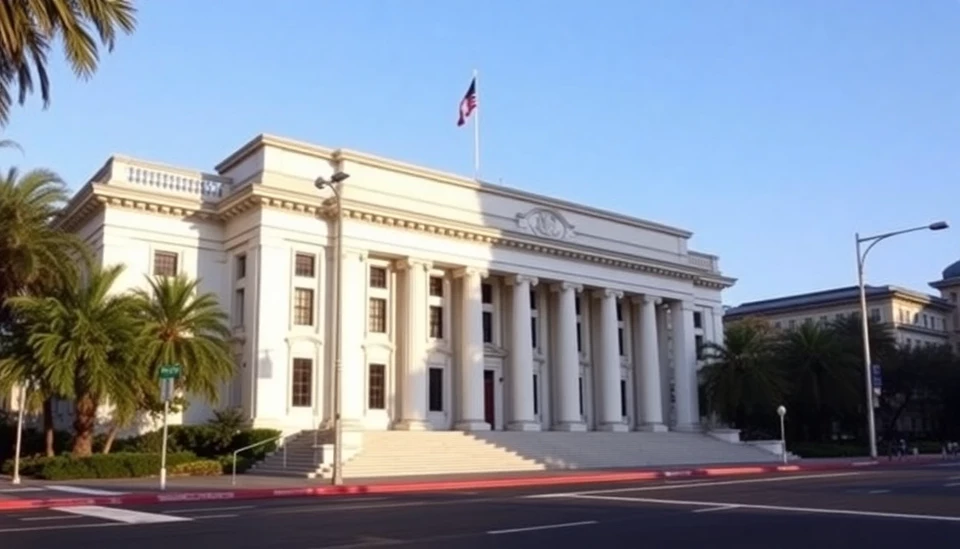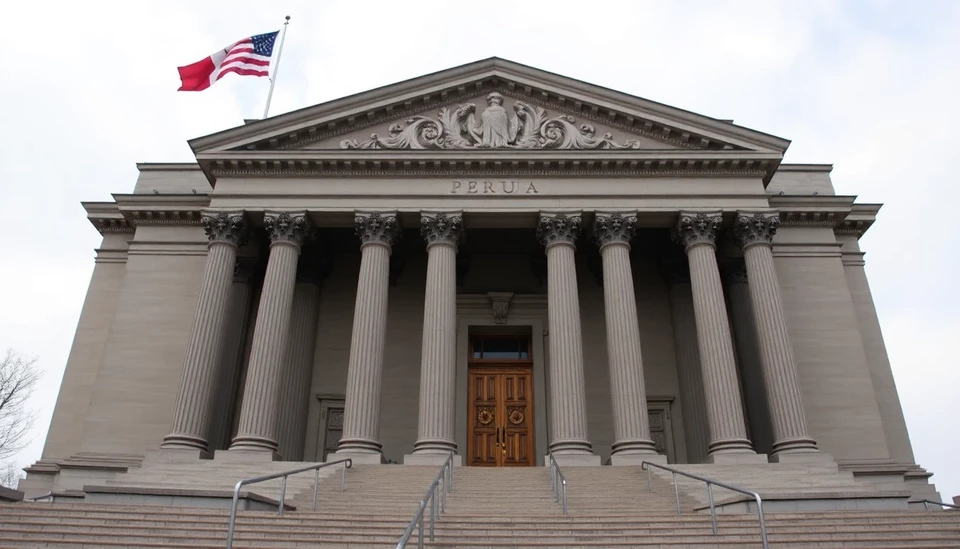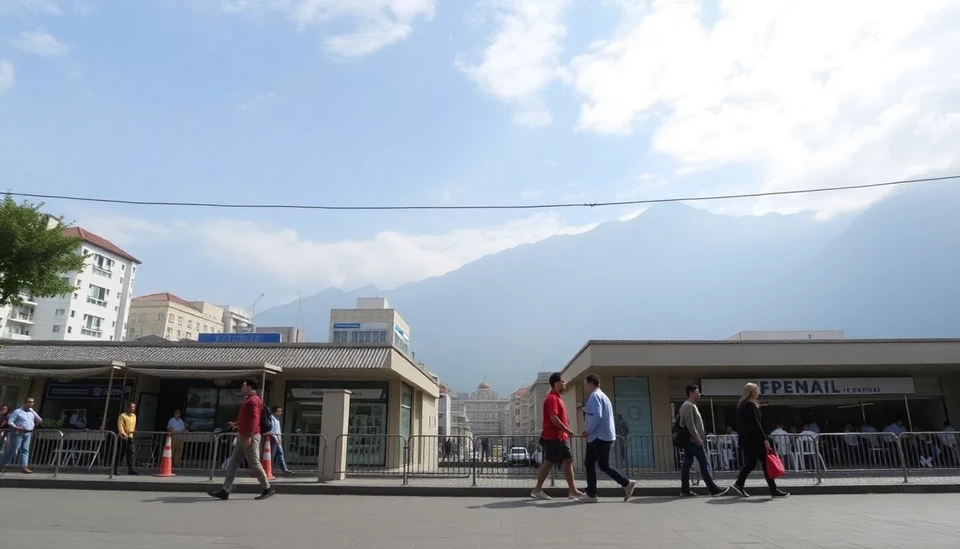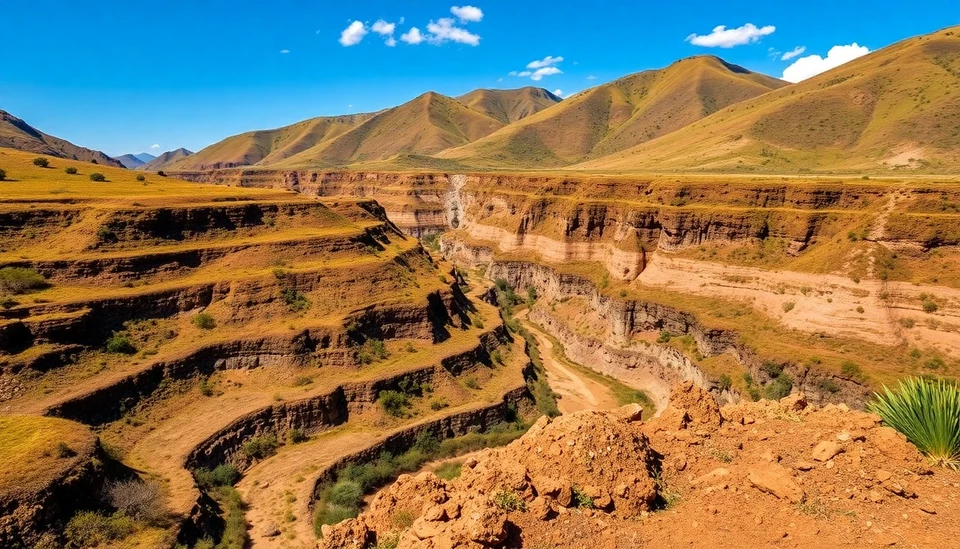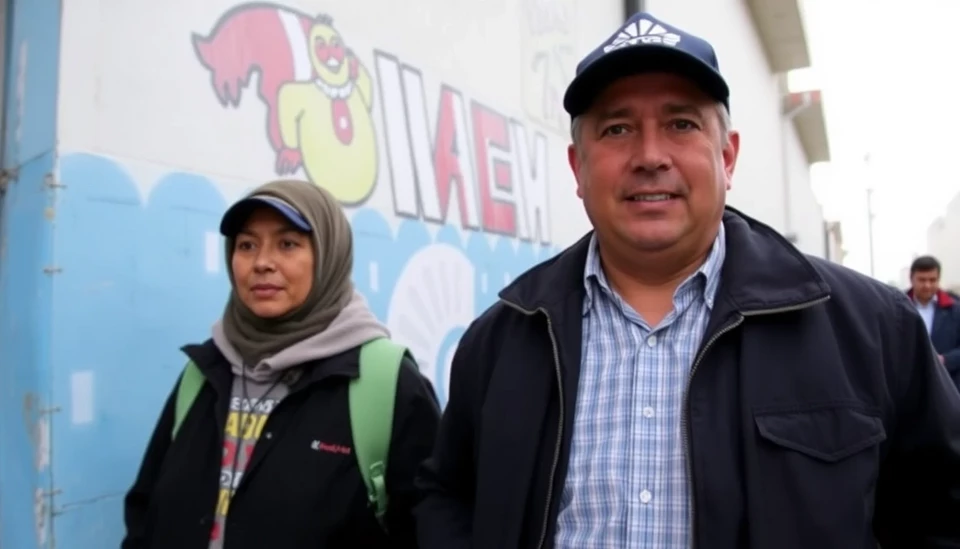
As Bolivia faces escalating social and political instability, Peru is bracing for a significant increase in migration from its neighbor. The recent political unraveling in Bolivia, driven by protests against the government of President Luis Arce and rising discontent over economic conditions, has prompted concerns in Peru about a potential influx of Bolivian migrants seeking refuge and better opportunities.
Bolivia has witnessed a series of protests recently, primarily fueled by discontent over government policies and the perception of rising authoritarianism. The unrest is not only a societal issue but also a reflection of economic hardship, with many Bolivians facing severe inflation and poverty. Recognizing the potential consequences, Peruvian officials are taking proactive measures to manage the anticipated migration wave that could follow if the situation worsens.
Peru's immigration authorities are gearing up to accommodate those fleeing Bolivia. Plans are underway to bolster border security and streamline processes for those seeking asylum or temporary residence permits. This move is aimed at ensuring orderly migration and minimizing strain on local resources and public services.
The influx of migrants could have significant implications for Peru, a nation already grappling with its own social and economic challenges. The Peruvian economy has shown signs of recovery, yet issues such as unemployment and health care access remain pressing. Authorities are now tasked with balancing humanitarian responses with the need to provide for existing citizens. Peruvians are generally known for their hospitality and compassion toward those in need, but the uncertainty surrounding economic stability raises questions about the sustainability of such generosity.
In anticipation of these developments, Lima has begun consulting with international organizations and neighboring countries to create a cohesive response that ensures the rights and safety of migrants are upheld. The goal is to promote a structured approach to migration that addresses humanitarian needs without overwhelming already strained systems.
As the political climate in Bolivia continues to evolve, the international community is closely monitoring the situation, recognizing that unrest in one nation can have far-reaching ramifications for neighboring countries. Peru’s response will serve as a crucial test of the nation’s ability to handle sudden demographic changes and ensure that migrants are treated with respect and dignity.
This situation has reignited discussions on regional cooperation, with calls for a unified strategy to better manage migration flows and share the responsibility of hosting those seeking refuge. For the time being, Peru stands at a crossroads, preparing for what could be a significant chapter in its relationship with Bolivia as it faces this impending migration challenge.
#Peru #Bolivia #MigrationCrisis #PoliticalUnrest #RefugeeResponse #RegionalCooperation
Author: Laura Mitchell
